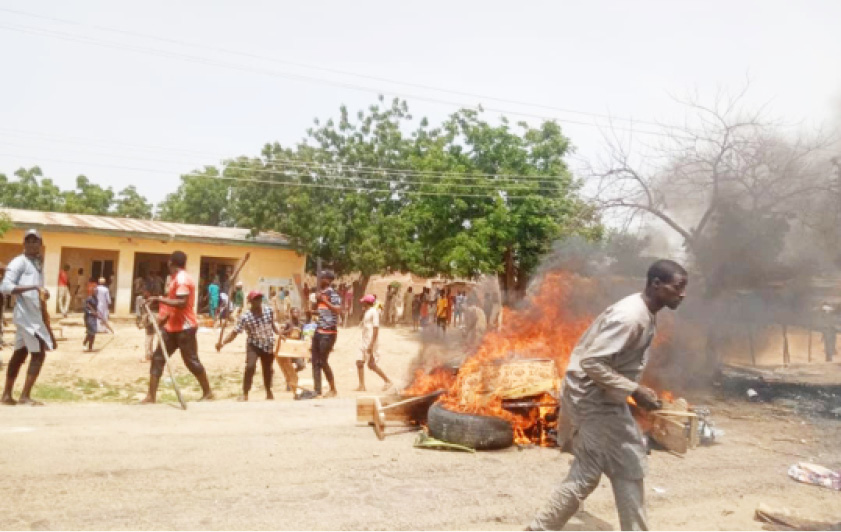The Director General of National Institute for Legislative and Democratic Studies, NILDS, Professor Abubakar Sulaiman, has raised concern over escalating violence and rising insecurity in Nigeria.
Professor Sulaiman who spoke through the Director, Democracy and Governance of the Institute, Dr Adewale Aderemi, at the just concluded sensitisation workshop on women peace and security in Nigeria, in Port Harcourt, Rivers State, said while both men and women are significantly impacted by violent conflict, with men bearing the brunt of fatalities, women and children are most affected.
He said Nigerian girls are disproportionately at the receiving end of sexual and other forms of gender-based violence, exposure to trafficking, and make up an overwhelming majority of internally displaced persons (IDPs).
He called for legislative and executive collaboration in ensuring women participation in decision making that affects the security of their lives.
Niger: ECOWAS insists on sanctions as northern elders demand withdrawal
Students loan: Reps panel wants funding increased to 3%
He said the sensitisation programme took place in a context of rising insecurity in Nigeria that has seen diverse non-state actors perpetrate unrelenting security threats across the country, including those arising from the Boko Haram insurgency North-east, the farmer-herder crisis, resource-based conflicts in the Niger-Delta region, inter-state incidences of armed robbery, banditry and kidnapping.
He said while the conflicts exist as serious barriers to the economic and social development of the local communities in which they occur, they have also resulted in thousands of deaths, while causing large-scale displacement of people, abuses and violation of rights in the areas affected.
He said that the National Institute for Legislative and Democratic Studies (NILDS), in collaboration with UN Women, deemed it fit to bring together all states that have SAPS to deliberate and share experiences on the implementation process saying 16 out of the 36 States in Nigeria have domesticated the NAPs, with Local Action Plans (LAPs) across at least 16 local government areas.

 Join Daily Trust WhatsApp Community For Quick Access To News and Happenings Around You.
Join Daily Trust WhatsApp Community For Quick Access To News and Happenings Around You.


